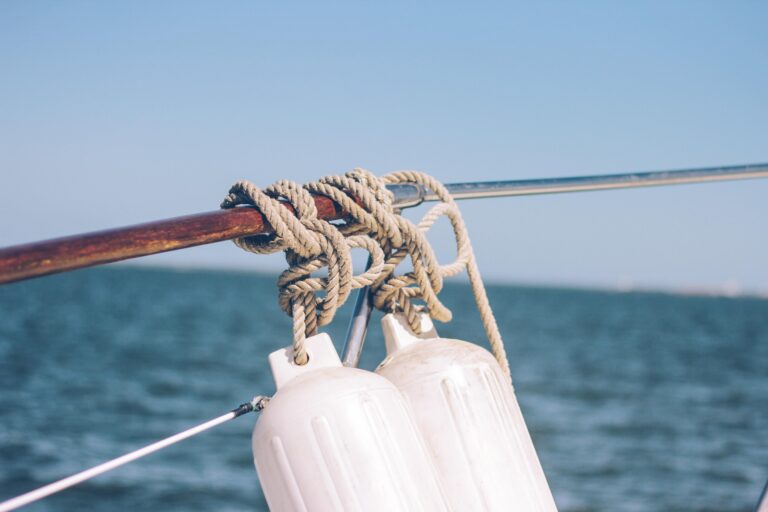Despite the ocean covering over 70 percent of the Earth’s surface, more than 80 percent remains unmapped and unexplored. We still have much to learn about the ocean’s precious ecosystems, where an astounding 91 percent of species have yet to be described.
For this year’s World Oceans Day, UNEP-WCMC is relaunching Ocean+ Habitats, an online platform providing decision-makers and communities of practice with the best possible global information, knowledge and tools required to manage and conserve key ocean ecosystems.
This new iteration of the platform provides global and national statistics on corals, saltmarshes, mangroves, and seagrass habitats, illustrating where each habitat overlaps with the global protected area network. The platform enables tracking of country-level conservation targets and indicators through country profiles. Ocean+ Habitats provides decision-makers and communities of practice with the knowledge and tools required to manage and conserve key ocean ecosystems.
Ocean+ Habitats combines key biodiversity datasets about the ocean including the World Database on Protected Areas, the IUCN Red List of Threatened Species, and various marine habitat distribution datasets, comprised of contributions from over 800 individual data providers. This can help public and private sector decision-makers understand where protection is needed, which species are facing extinction risk, and how future conservation and restoration efforts should be prioritized.
The need to accelerate ocean conservation
According to the Protected Planet Report 2020, less than 8 percent of the ocean is covered by protected and conserved areas. Despite great progress in the past decade, this falls short of the target set in 2010 under Aichi Target 11 to protect at least 10 percent of the marine environment by 2020, and reflects the pressing need to accelerate ocean conservation.
As well as showing the proportion of warm-water corals, saltmarshes, mangroves, seagrasses, cold-water corals that lie within these protected and conserved areas, Ocean+ Habitats also brings together data on the change in global extent of marine habitats. This data shows that, for example, 30% of known seagrass area across the globe has been lost due to human activities. Similarly, an alarming 50% of warm-water coral cover lost between 1870 and 2019 – a loss that has accelerated in recent decades due to climate change and other drivers.
Further, marine habitats are currently inequitably protected and conserved across the world. Aided by the information provided on the platform, policymakers can better address these inequalities.
Aligning marine conservation and development agendas
The Ocean+ Habitats platform is relaunching at a crucial moment for ocean conservation. This year marks the beginning of several long-anticipated milestones in conservation policy, including the post-2020 global biodiversity framework and the UN Decade on Ecosystem Restoration. These sit alongside the UN Decade of Action to deliver the Sustainable Development Goals (SDGs) and the UN Decade of Ocean Science for Sustainable Development.
“The marine environment is an excellent example of the synergies that exist between the mutual goals of the conservation and development agendas,” said Lauren Weatherdon, Senior Programme Officer at UNEP-WCMC. “Marine habitats support communities and livelihoods in a multitude of ways, meaning conservation of these areas is essential to achieving not only SDG 14 – Life Below Water – but in fact all 17 of the SDGs.”
For example, mangroves are essential to many small island developing states (SIDS) as sources of food through the fish that live there, and through storm protection and income through tourism. Yet an estimated 20-35% of mangrove cover worldwide was lost between 1980 and 2010. Because of such interplays, better understanding of how to protect, conserve and restore marine habitats is essential to helping to achieve the sustainable development agenda.
A platform for all
Collaboration is at the heart of Ocean+ Habitats – it is designed to be a tool that is available and accessible to all. The new platform provides detailed and ready-to-go statistics on the distribution and threatened status of key marine habitats, already broken down by countries. This resource will be of use to diverse actors worldwide, ranging from educational institutions to research organizations to businesses and the private sector.
What’s more, the platform is dynamic by design. It highlights existing data gaps in marine habitat and species data and invites users to directly contribute data. The platform would not be possible without key partners such as Protected Planet, the IUCN Red List of Threatened Species, and Global Mangrove Watch, whose authoritative data provide the insight required to inform decision-making. Similarly valuable are the contributions of hundreds of individual data providers.
Yet, there remains much more to do. Anyone can help improve the quality and accessibility of information on the platform by contributing or informing UNEP-WCMC of relevant data, corrections and information that could be suitable for inclusion. In time, other marine and coastal habitats, like temperate reefs and kelp forests, may be added to the platform as more data becomes available. To offer feedback or collaboration on the site, get in touch at oceanplus@unep-wcmc.org.

